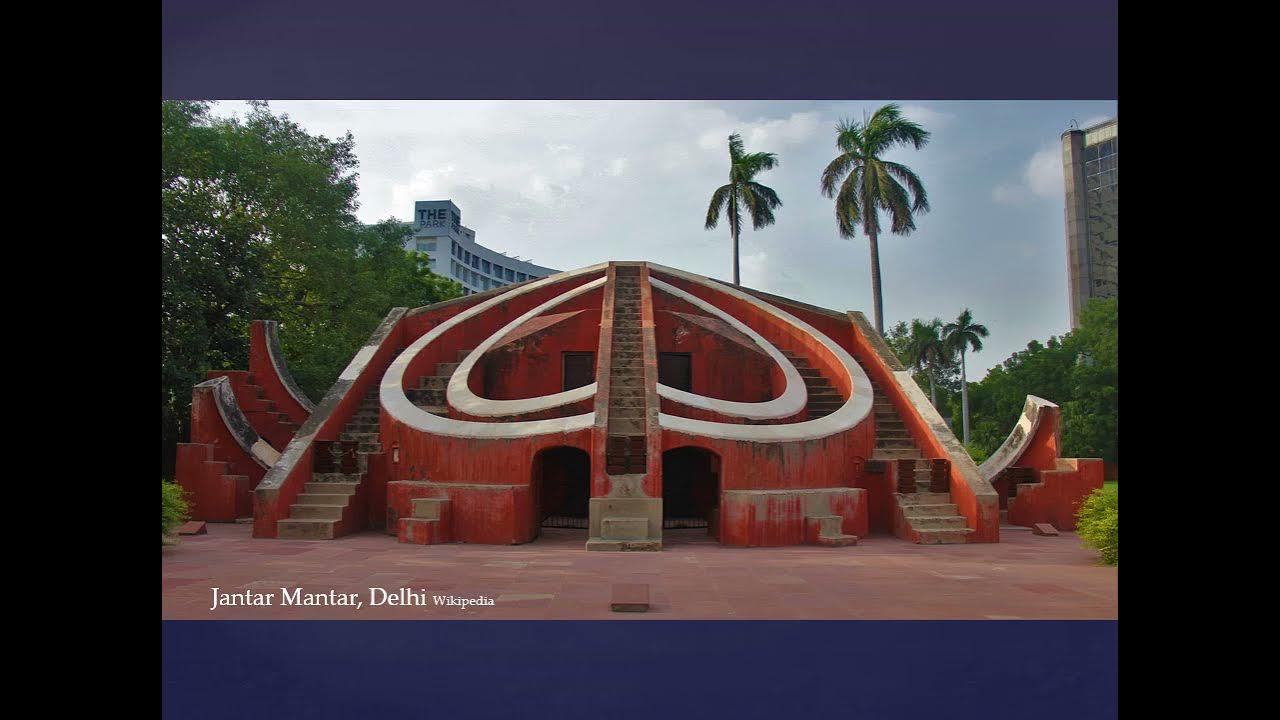王局拍案|如何看待江泽民时代?
Summary
TLDR本文回顾了江泽民在任十余年的治国理念和作风。他最大的贡献是提出“三个代表”重要思想,使中共由革命政党转变为执政党,结束“阶级斗争”。在经济上,他解决了国企改革和双轨制带来的问题,为中国加入WTO奠定基础。在政治上,他落实邓小平提出的最高领导人任期制,实现了向胡锦涛的平稳交接,开创了共产党和平转移权力的先河。在文化上,他比较开明,允许媒体进行一定的舆论监督。总体而言,江泽民执政时代是中国继续深化改革的黄金时代。
Takeaways
- 😀 江泽民接受了华莱士的采访,这体现了他的勇气。
- 😁 江泽民提出了“三个代表”的思想体系,这是他时期最大的理论贡献。
- 😀 江泽民时期完成了中国经济体制的转型,这是改革中最艰难的阶段之一。
- 😃 江泽民实行了中共领导人任期制,这是共产党统治下第一位离任的领导人。
- 😄 江泽民时期社会各阶层生活都有所改善,人们也比较富有希望。
- 😉 江泽民时期对公共舆论监督较为开放和容忍。
- 😢 与江泽民时期相比,当前社会各阶层较为失望。
- 🤔 值得钦佩的是,江泽民最终在时限到期时自动离任。
- 😍 江泽民时期是中国社会改革的黄金时代。
- 😘 江泽民为实行领导人任期制和和平移交政权寻找足够的条件。
Q & A
江泽民接受迈克·华莱士专访表现出了什么品质?
-江泽民接受迈克·华莱士专访时,中美关系正处在1989年“六四”事件后的最低谷。江泽民知道华莱士会问一些尖锐甚至狠毒的问题,但他还是接受了采访,这表现出了他的勇气。在其他共产党领导人中,这可谓罕见。
江泽民任内最重要的理论贡献是什么?
-江泽民最重要的理论贡献是提出了“三个代表”重要思想。该理论将中共从革命政党转变为执政党,不再坚持阶级斗争,允许各阶层人士加入,对中国的改革开放起到了重要作用。
江泽民时期面临哪些改革的挑战?
-江泽民时期面临的改革挑战包括:实行下岗,解决国有企业缺乏竞争力的问题;取消双轨价格体制,应对高通胀和人民币大幅贬值;在这些艰难的改革后,中国终于在2001年加入了WTO,中国经济起飞的基础也由此奠定。
江泽民对媒体监督持什么态度?
-江泽民和朱镕基对媒体的监督持开放态度。焦点访谈曝光地方官员迫害餐馆老板致死的新闻后,江泽民立即严厉训斥了云南省委书记。这表明他重视公众舆论监督。
江泽民任内中国经济社会有什么变化?
-江泽民时期中国经济快速增长,人民生活水平逐步提高,社会各阶层都有获得感,媒体也比较自由发展。这是一个值得怀念的文化繁荣时代。
江泽民为何能按时离任让位于胡锦涛?
-江泽民按时离任和平交权,是共产党国家首次实现权力更迭。如果江执政时间过长,可能会破坏这一和平交权预期。江的这种退位让人印象深刻。
江泽民理论中的“三个代表”有何内涵?
-“三个代表”理论提出:中共代表先进社会生产力的发展要求;中共代表先进文化的前进方向;中共代表最广大人民的根本利益。
江泽民在经济改革方面做出了哪些贡献?
-江泽民贡献有:建立社会主义市场经济体制框架;取消双轨价格;解决国企改革和下岗难题;为中国加入WTO奠定基础,开启中国经济高速增长。
江泽民执政初期面临哪些外部环境?
-江泽民刚上台时,中美关系处在1989年“六四”事件后最糟糕阶段。民主党克林顿政府对华极为强硬,江泽民面对的外部环境十分困难。
江泽民与台湾的蒋经国时代有何相似之处?
-江泽民时期中国大陆与台湾蒋经国时代相似,经济虽相对落后但持续增长,不同社会阶层生活逐步改善,法制建设进步,社会开放程度增加,是经历了一个文化繁荣的黄金时代。
Outlines

This section is available to paid users only. Please upgrade to access this part.
Upgrade NowMindmap

This section is available to paid users only. Please upgrade to access this part.
Upgrade NowKeywords

This section is available to paid users only. Please upgrade to access this part.
Upgrade NowHighlights

This section is available to paid users only. Please upgrade to access this part.
Upgrade NowTranscripts

This section is available to paid users only. Please upgrade to access this part.
Upgrade NowBrowse More Related Video

Epoche der Trümmerliteratur | DiB

REPLAY - Watch the new UN secretary-general Guterres speech ahead of taking office

ARCH7220/ARTS3220 -- Week 4 Lecture B

越南经济的三大优势与三大问题| 十分钟认识越南,看这段影片就够了| 克隆中国的改革开放 | 单挑过中、美、法三大常任理事国 | 从最新的亚洲之星,到进出口和房地产双双跳水

Antropología social y cultural en México

【小岛浪吹】一套视频讲清楚所有的西藏问题:中国是如何收复西藏的
5.0 / 5 (0 votes)
